
OR
#Nepal Investment Summit 2024
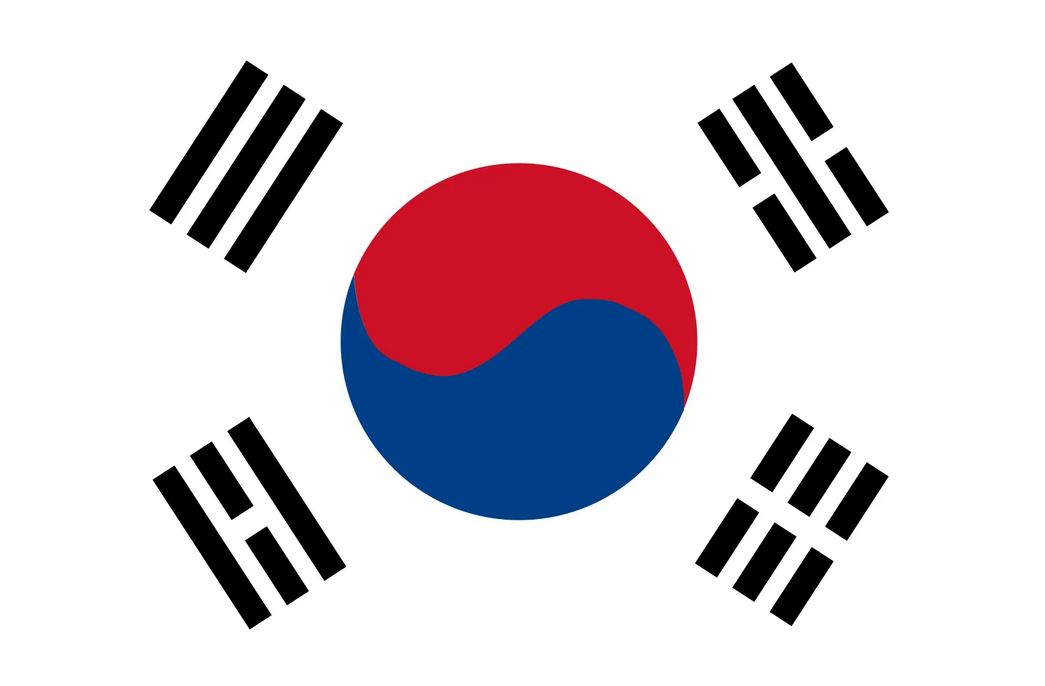

Park Tae-Young
The author is the ambassador of the Republic of South Korea to Nepal.news@myrepublica.com
More from Author
The Nepal Investment Summit 2024 is beginning today. I am confident that the two-day summit will play an important role in the economic and social transformation of Nepal. I have often been asked about the secret of Korea's economic development during discussions with politicians and other stakeholders in Nepal. One key aspect of Korea's development has been the government's proactive steps to attract foreign direct investment (FDI) and the effective utilization of that investment.
Classical economists consider labor, capital, and land as the fundamental elements of production. During Korea's economic development, capital investment was insufficient and raising it was extremely challenging, although labor and land were readily available in Korea. Our government has continued its efforts to attract foreign loans and FDI to increase capital. The country has long experienced various benefits from foreign direct investment during its economic development. Thus, even today, both central and local governments continue to offer various facilities and incentives to attract foreign investment in Korea.
Advantages of FDI
From Korea’s experience, I can say that the national economy and industry can derive significant benefits from foreign direct investment. FDI has also helped us overcome the shortage of internal investment resources and has been instrumental in creating sufficient employment in the domestic market. According to data from a study published last September, 295,000 jobs were created through FDI in Korea over the past 10 years. Job creation is considered the best social welfare policy, and employment can play a positive role both economically and socially.
FDI can stimulate a country's economic development, create an industrial and investment-friendly environment, and invigorate local communities and economies. It can lead to an overall economic growth in the country by increasing local income and purchasing power. Moreover, technology and knowledge from foreign-invested companies are transferred to the host country, which also plays a positive role in the production of technical manpower. In the context of South Korea, there are many globally emerging examples of foreign-invested industries that benefited from technology transfer.
The presence of internationally renowned industries and investments plays a positive role in ensuring business objectives, as industries operating with foreign investment provide essential information about their own countries for conducting business in other countries. International trade may be facilitated through FDI. FDI has a positive effect on the expansion of exports and the creation of a competitive market instead of a monopoly in the domestic market, with easy access for consumers. Similarly, the facilities and equipment available through FDI help to increase the productivity of the labor force in the target country.
FDI potential in Nepal
Viewing the Nepali economy as a foreigner, there are both opportunities and challenges in attracting FDI. The relatively competitive labor market, potential for substantial investments in the energy sector, and Nepal's rich allure for FDI due to its Himalayan landscape and diverse cultural heritage are subjects that are widely discussed. To enhance the appeal of FDI in Nepal, simplifying the investment process is crucial. Providing an adequate supply of skilled manpower and treating investment companies equally to domestic ones appears necessary. It is timely that the Nepal government is in the process of drafting related laws with a strong commitment to improving this sector.
It is essential to communicate to other countries that there exists a favorable environment for foreign investment in Nepal through the diplomatic missions of various countries in Nepal. Investors are primarily interested in investing easily and making a profit, with priority given to those who can repatriate profits smoothly to their home countries. Similarly, the government should act as a guardian to address arising issues. Furthermore, providing privileges such as tariff exemptions for incoming foreign investment also plays a positive role. Facilitating the visa system, granting tax exemptions in the initial stages, etc, also contribute to creating a conducive environment for investment.
Korean investment in Nepal
Korean companies are closely monitoring the economic investment potential in Nepal, with several firms already investing and successfully conducting business in the country. For instance, Samsung Electronics, a leading global company from Korea, has been operating a state-of-the-art TV assembly plant since last April in a joint venture with Nepal's Golchha Group. Similarly, Hyundai Motor Company is planning to start commercial production this May at an automobile assembly plant established in Nawalparasi district, in partnership with a local Nepali company.
In the hydroelectric power generation sector, Korea's South-East Power Company has partnered with global financial institutions to invest 650 million US dollars. They are currently constructing a 1,216-megawatt hydropower project in Rasuwa, which is expected to start producing electricity in 2027. While large foreign investments are important, investment in medium-sized industries is also vital. In Nepal, Korean small and medium enterprises (SMEs) are notably active. It is important to note that small and medium industries play a crucial role in job creation. For example, Himo, a well-known Korean company that manufactures wigs, has made a 100% investment in a local company called Mandumo in Kathmandu. The company has trained over 650 local women and is producing wigs for export to Korea and Japan.
According to the official statistics from the recently published foreign investment plan report by the Government of Nepal, from July of last year to March of this year, Korean companies have announced the highest investment plans worth Rs 12.8 billion in Nepal. Among the foreign investors in Nepal, Korea consistently ranks in the top five. The growing interest of Korean companies in investing in Nepal can be seen as a sign of a continuous upward trend.
Korean belief
Diplomatic relations between Korea and Nepal were established in 1974, and the two countries have maintained very cordial relations since then. By sharing our development experience, we also acknowledge that Nepal should not endure the difficult situations experienced by Korea. Recognizing the importance of employment in Nepal, since 2007 we have been providing opportunities to Nepali workers in Korea through a labor agreement between our two governments. More than 100,000 Nepalis have experienced employment in Korea. Similarly, Korean companies have increased their investments in Nepal, creating thousands of job opportunities for Nepalis within these companies.
In 2024, marking the 50th anniversary of our diplomatic ties, we have set a goal to further enhance our relationship by organizing various programs throughout the year. The Korean government and our embassy are continuously striving to attract more Korean investment to Nepal. We recognize that the Nepali government is making tireless efforts to create an investment-friendly environment that attracts foreign investment. I encourage companies from around the world to re-evaluate potential investment areas in Nepal, to invest significantly, and to create employment opportunities for Nepalis in their own country. As we look forward to the success of the third investment summit, I am confident that many achievements will be realized.
You May Like This

Nepal Investment Summit-2024 kicks off today
KATHMANDU, April 28: The much-awaited Nepal Investment Summit 2024 is beginning today (Sunday), with the prime objective to attract foreign... Read More...

Nepal received FDI commitments of Rs 51.56 billion in first 11 months of current FY
KATHMANDU, June 27: Nepal received commitments for foreign direct investment (FDI) worth Rs 51.56 billion in the first 11 months of... Read More...

Little of FDI pledged at Investment Summit 2017 realized so far
KATHMANDU, Feb 3: Back in March 2017, Nepal received foreign direct investment pledges amounting to $13.51 billion and many hoped something... Read More...
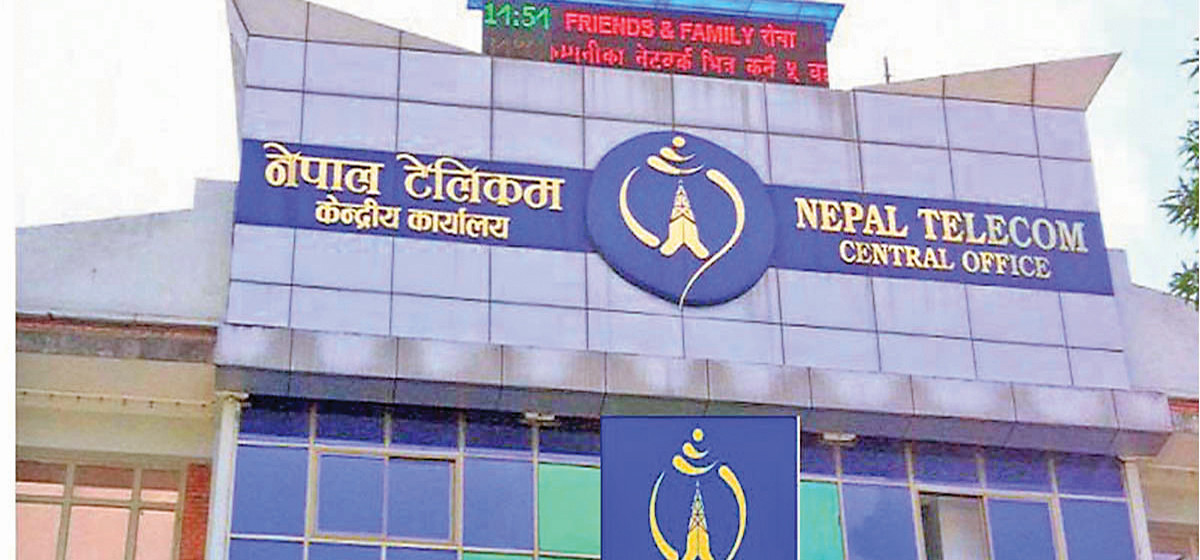


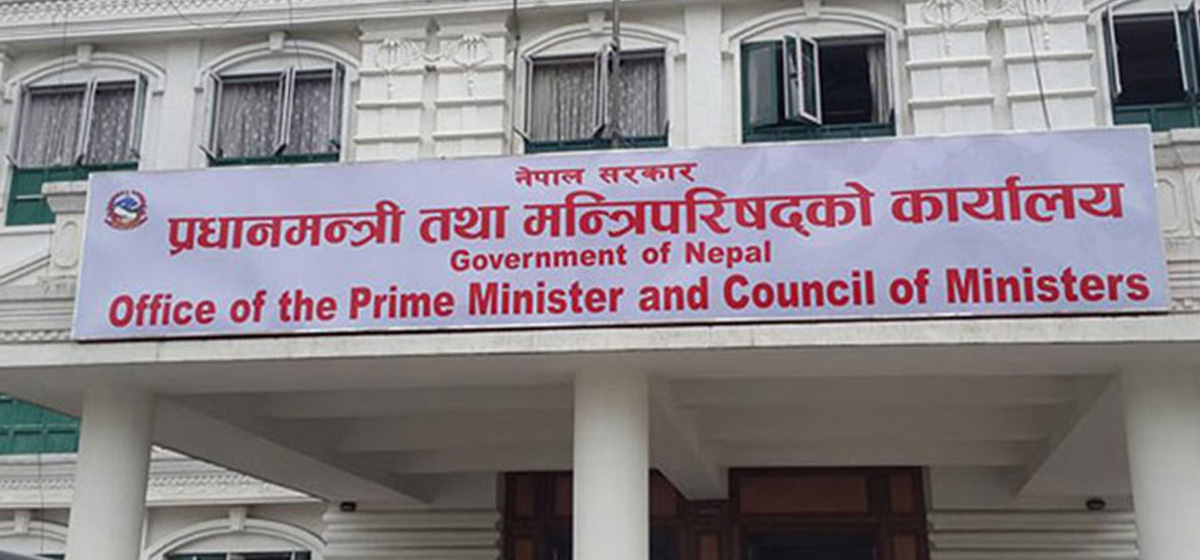
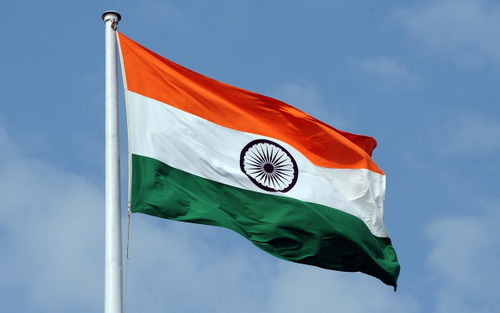
Just In
- Car crashes into electricity pole in Kupondole
- Govt decides to accept Rs 1.2 billion in grants from WWF
- SC orders province govt not to carry out long-term decisions in Gandaki
- Light rain likely in Lumbini, Karnali, Sudurpaschim provinces
- India encroaches upon Nepali territory near Koshi Barrage in Sunsari
- No more scrunching your nose in modern public toilets built in Lalitpur
- Nepal's banking industry leads the region in female representation: IFC report
- India completes Maldives troop withdrawal



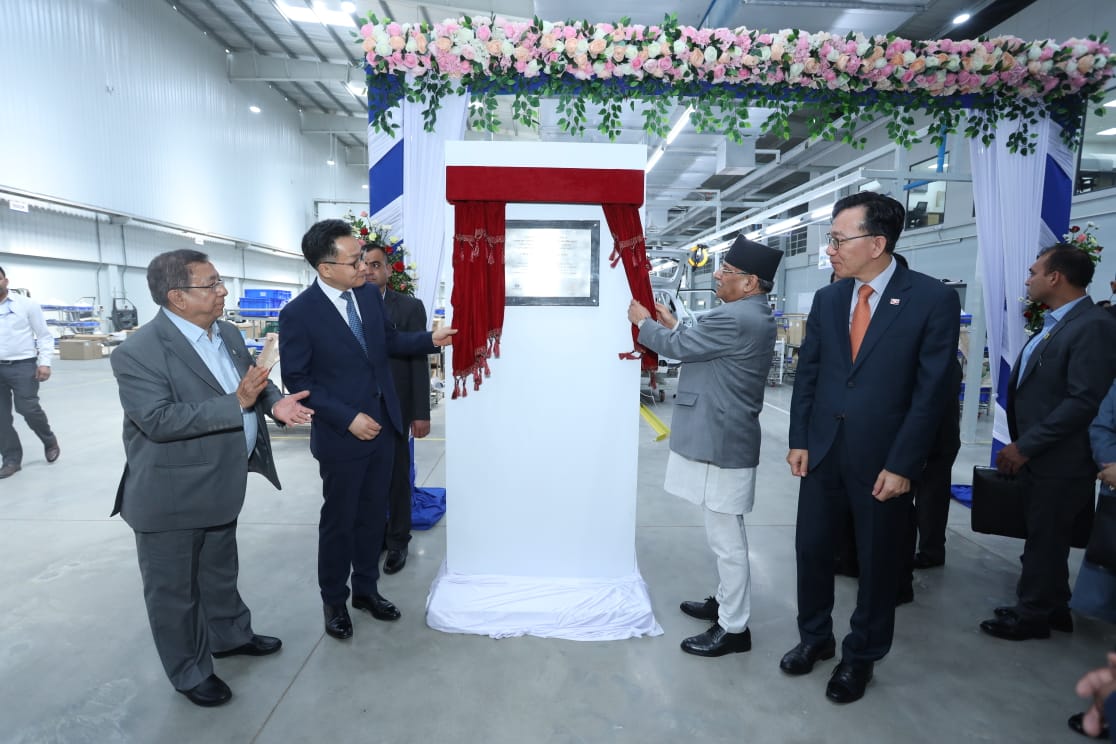
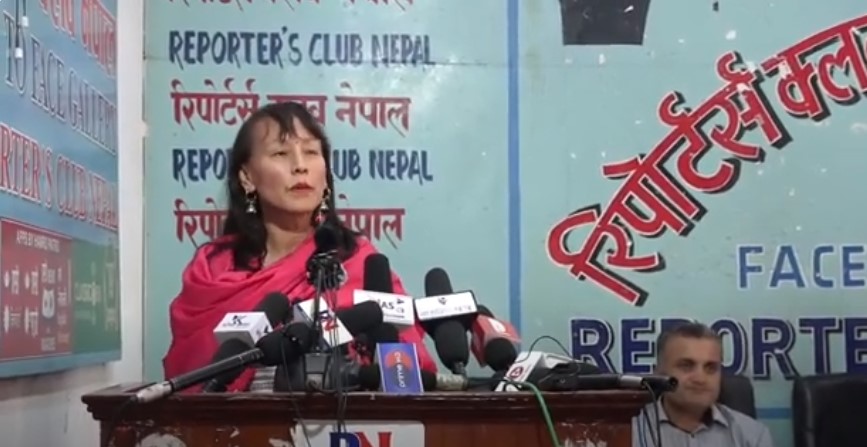

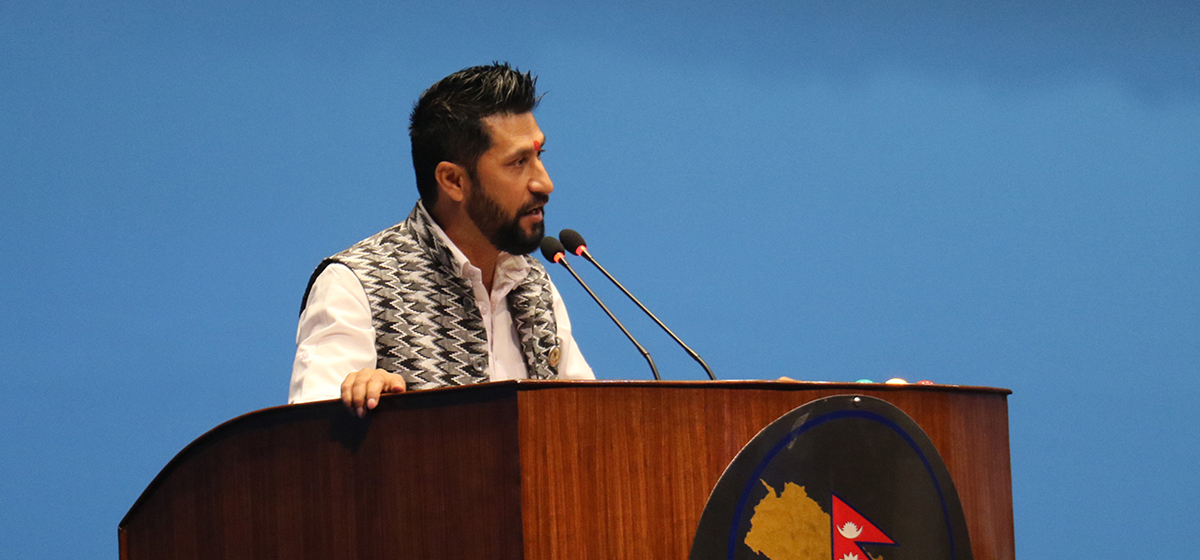

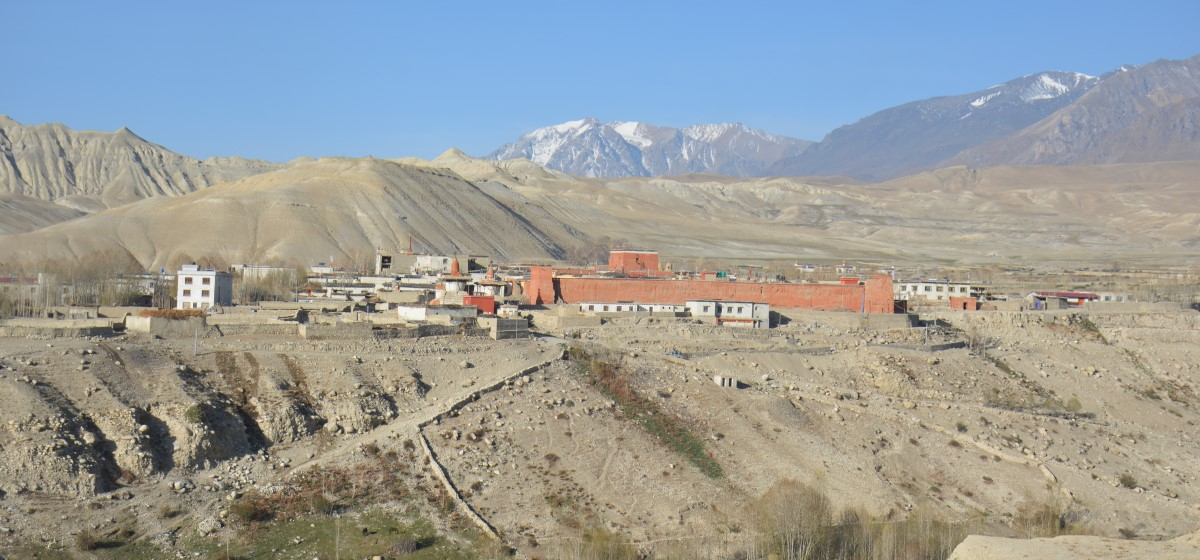



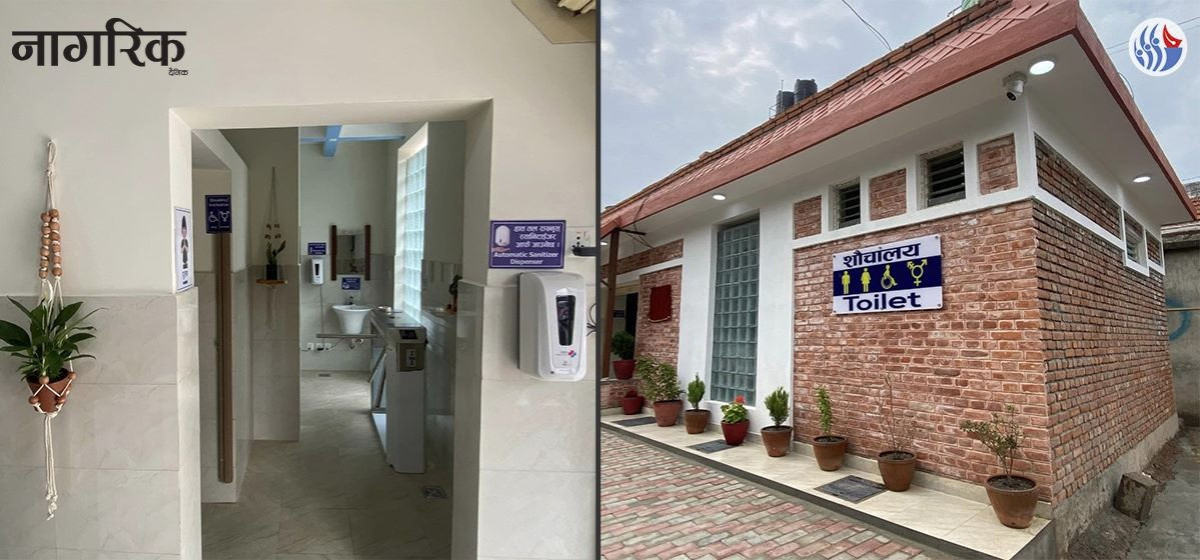

Leave A Comment